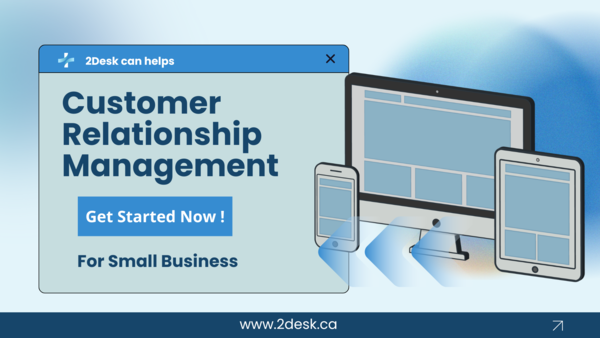Understanding the Fundamentals of Business Performance
Business performance isn't just about making money; it's about the overall health and effectiveness of your organization. It encompasses every aspect of your operations, from financial results to employee satisfaction, and customer loyalty. A strong understanding of business performance allows you to make informed decisions, identify areas for improvement, and ultimately, achieve your business goals. Without a clear grasp of how your business is performing, you're essentially driving blindfolded.
Key Performance Indicators (KPIs)
The cornerstone of measuring business performance lies in identifying and tracking the right Key Performance Indicators (KPIs). These are specific, measurable values that help you gauge your progress toward your strategic objectives. Choosing the right KPIs depends on your industry, business model, and specific goals. However, some common and universally relevant KPIs include:
- Revenue: The total amount of money generated from sales.
- Profit Margin: The percentage of revenue that remains after deducting all expenses (e.g., gross profit margin, net profit margin).
- Customer Acquisition Cost (CAC): The cost of acquiring a new customer.
- Customer Lifetime Value (CLTV): The predicted revenue a customer will generate throughout their relationship with your business.
- Employee Turnover Rate: The percentage of employees who leave the company within a specific period.
- Operational Efficiency: Measures how effectively your business uses its resources (e.g., production output per labor hour).
The importance of these KPIs cannot be overstated. They act as your business's vital signs, providing a clear picture of its overall health. Regularly analyzing these metrics allows you to spot trends, identify potential problems early, and make data-driven decisions.
Financial Performance and Beyond
While financial metrics are undeniably important, a holistic view of business performance extends beyond the balance sheet. Considering non-financial aspects is crucial for long-term sustainability. These include:
- Customer Satisfaction: Measured through surveys, reviews, and Net Promoter Score (NPS). Happy customers are repeat customers.
- Employee Engagement: Measured through surveys, feedback sessions, and observing workplace culture. Engaged employees are more productive and innovative.
- Innovation and Adaptability: The ability to adapt to changing market conditions and introduce new products or services. Businesses that don't innovate, stagnate.
- Brand Reputation: The overall perception of your business by customers, stakeholders, and the public. A strong brand builds trust and loyalty.
Analyzing and Improving Business Performance: Practical Strategies
Once you've identified your key KPIs, the next step is to analyze them regularly. This involves tracking trends, comparing your performance against industry benchmarks, and identifying areas where you're excelling and where you need improvement.
Actionable Strategies
Here are some actionable strategies to improve your business performance:
- Set Clear Goals: Define specific, measurable, achievable, relevant, and time-bound (SMART) goals for each KPI.
- Implement Data-Driven Decision Making: Base your decisions on data analysis rather than gut feeling.
- Optimize Operational Efficiency: Streamline your processes, automate tasks where possible, and eliminate waste.
- Invest in Employee Development: Training and development programs can boost employee skills, morale, and productivity.
- Enhance Customer Experience: Focus on providing excellent customer service and building strong customer relationships.
- Embrace Technology: Leverage technology to automate tasks, improve communication, and gain valuable insights.
- Regularly Review and Adjust: Continuously monitor your KPIs, analyze your performance, and adjust your strategies as needed. Flexibility and adaptability are key.
Example: Improving Sales Performance
Let's say your KPI is monthly sales revenue. If you notice a decline, you can analyze the data to identify the root cause. Perhaps your CAC has increased. To improve this, you could:
- Refine your marketing campaigns: A/B test different ad creatives and targeting options.
- Improve your sales process: Train your sales team, implement a CRM system, and optimize your sales funnel.
- Offer incentives: Provide discounts or promotions to attract new customers and encourage repeat purchases.
By taking these targeted actions, you can directly impact your sales revenue and improve your overall business performance.
Sustaining Long-Term Success
Improving business performance is an ongoing process, not a one-time fix. By consistently monitoring your KPIs, analyzing your data, and implementing effective strategies, you can build a business that is not only successful but also sustainable. Remember to foster a culture of continuous improvement and always be open to learning and adapting to the ever-changing business landscape. Long-term success requires dedication, strategic planning, and a commitment to excellence.

